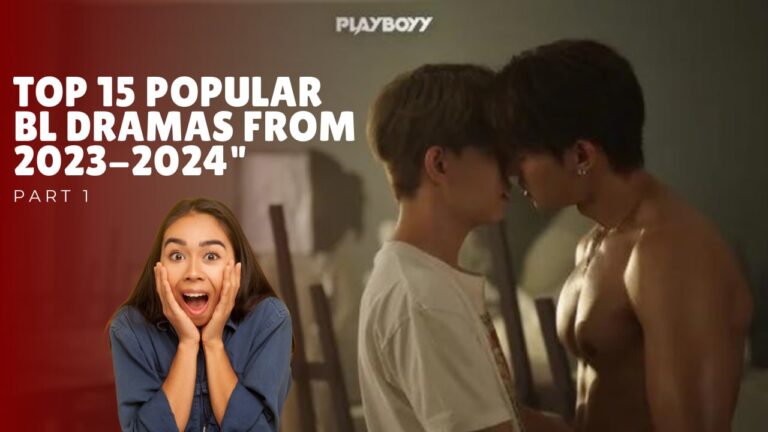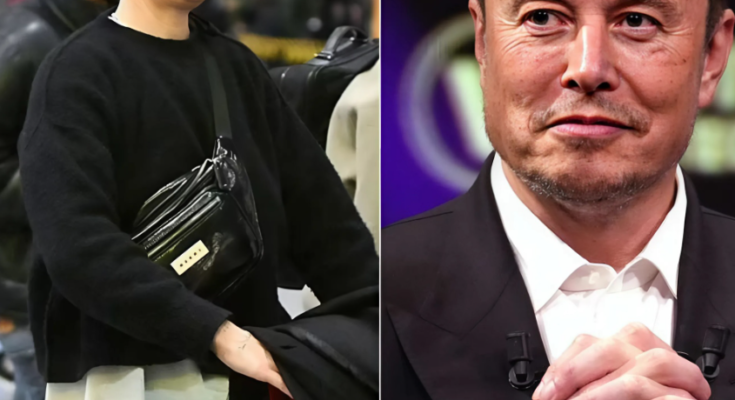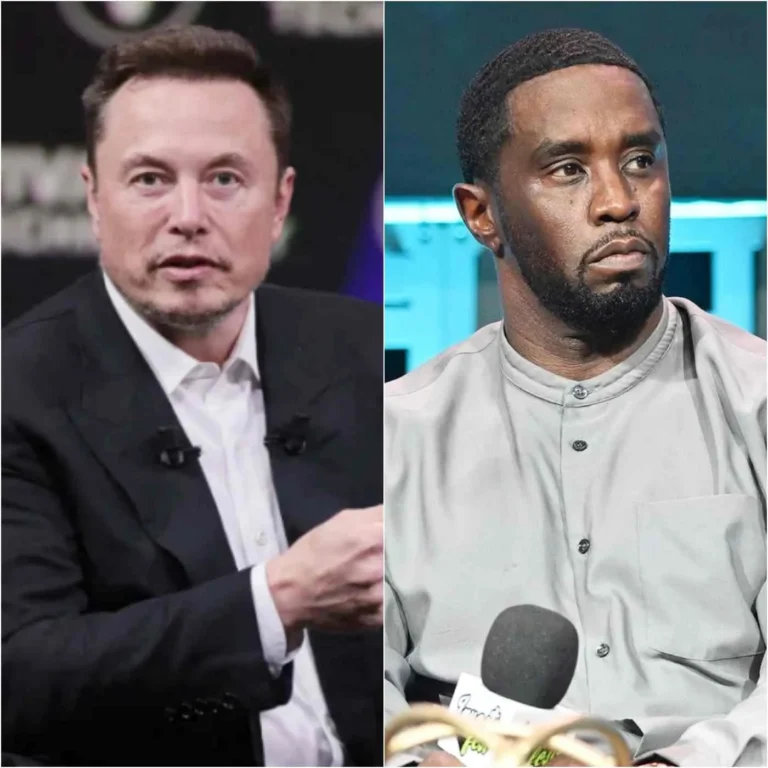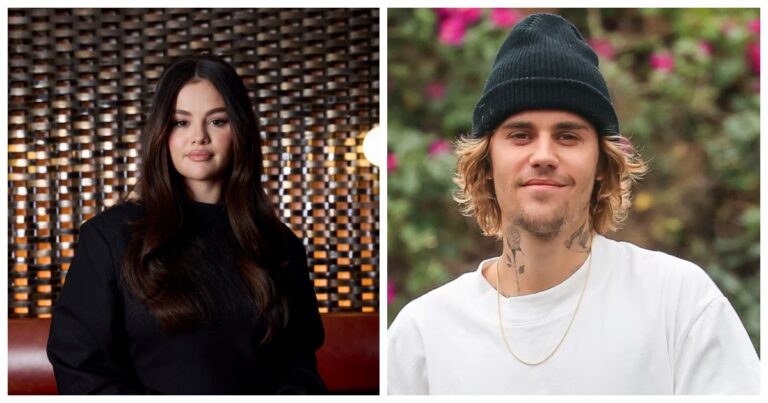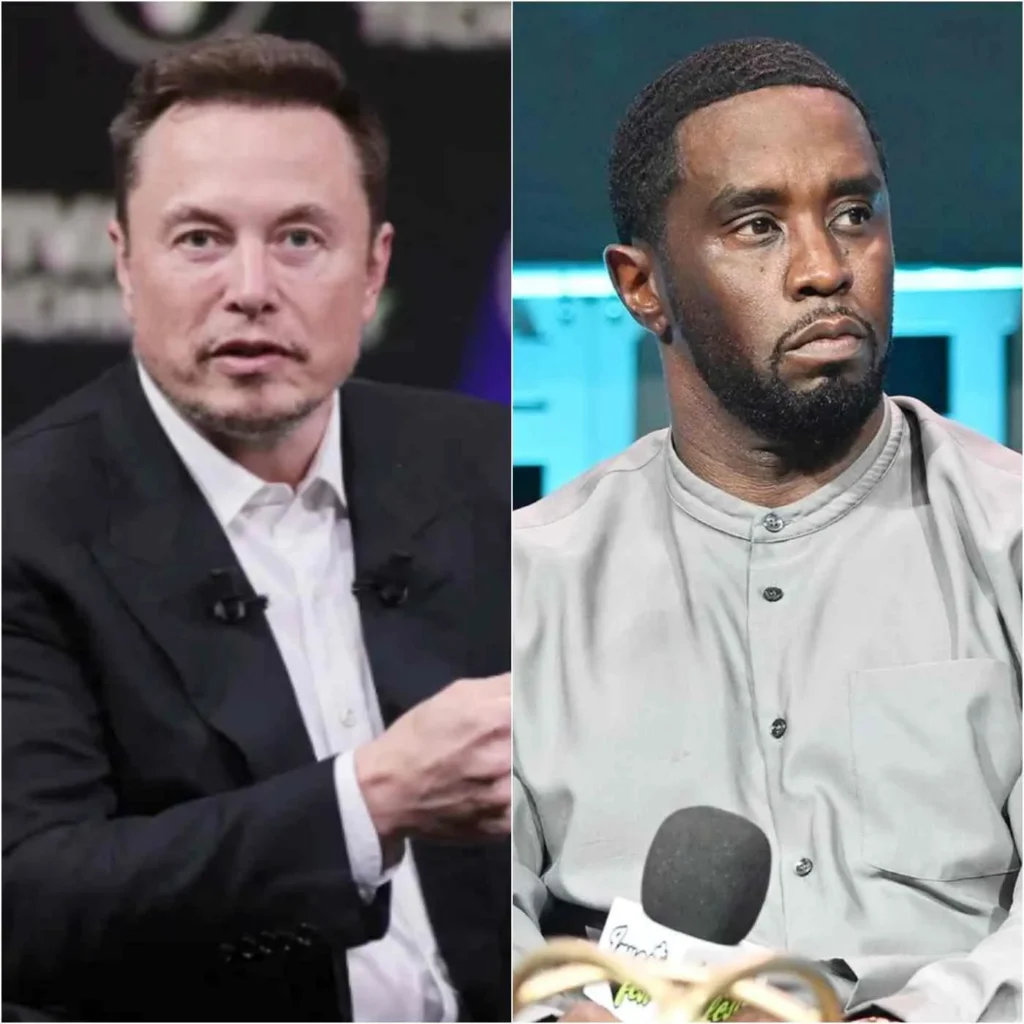
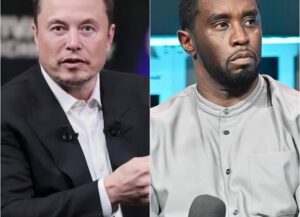
10 MINUTES AGO: The whole world was shocked when Elon Musk posted an uncensored list and related photos of stars associated with Diddy. “Everyone deserves to know,” Musk declared, igniting a firestorm of controversy and speculation across social media and news outlets. This explosive revelation has left many questioning the intentions behind Musk’s actions, the authenticity of the claims, and the potential fallout for those named.
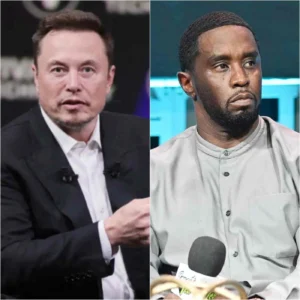
The saga began when Musk, known for his unfiltered approach to social media, shared a cryptic tweet hinting at “secrets the world needs to hear.” Minutes later, he uploaded a detailed list accompanied by photographs, purportedly exposing connections between Sean “Diddy” Combs and several high-profile celebrities. The post quickly went viral, drawing millions of views and sparking debates across platforms like Twitter, Instagram, and Reddit.
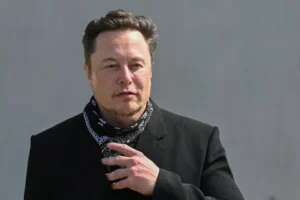
Among the most shocking aspects of Musk’s post was the inclusion of images that appeared to be candid, personal, or previously unreleased. Some showed celebrities in intimate settings with Diddy, while others implied professional collaborations that had never been publicly acknowledged. Fans and critics alike were left scrambling to determine whether the images were genuine or fabricated, as well as what motivations Musk might have for sharing them.
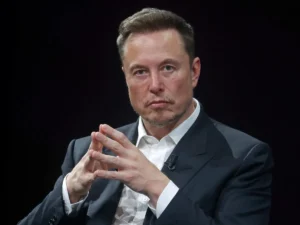
Legal experts have already weighed in on the potential consequences of Musk’s actions. Public figures typically face higher thresholds for defamation claims, but the unprecedented nature of this leak could lead to lawsuits from those implicated. High-profile attorney Lisa Bloom tweeted, “Elon Musk’s latest stunt may have opened Pandora’s box. We’ll see whether this was reckless or calculated.”
The celebrities named in Musk’s post have responded in various ways, with some issuing statements of denial and others remaining silent. A representative for one of the stars described the leak as “a blatant invasion of privacy,” while another insider claimed that “not all the connections listed are accurate.” Despite this, the lack of immediate, comprehensive rebuttals has only fueled the public’s curiosity and skepticism.
Diddy himself has yet to address the situation directly, though his social media accounts have remained uncharacteristically quiet. This silence has prompted many to speculate about his possible next steps, including whether he will take legal action against Musk. Diddy’s team is reportedly working around the clock to verify the claims and prepare a response.
As the dust settles, the internet has been ablaze with theories about Musk’s motives. Some believe this is yet another example of Musk’s penchant for disrupting the status quo, while others suspect personal vendettas or hidden agendas. Commentators have pointed out that Musk has previously expressed disdain for Hollywood’s “secrecy and hypocrisy,” making this latest controversy feel like a deliberate attempt to expose those he sees as complicit in such behavior.
Critics, however, have accused Musk of exploiting his massive platform irresponsibly. By sharing potentially unverified information, Musk risks damaging reputations and careers. Several advocacy groups have condemned his actions, citing concerns about cyberbullying, misinformation, and the erosion of trust in public discourse. “With great power comes great responsibility,” one advocacy group’s statement read, “and Elon Musk has failed to wield his influence responsibly.”
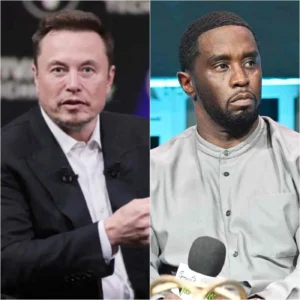
This incident also raises broader questions about privacy in the digital age. The rapid dissemination of Musk’s post highlights the challenges of managing personal and professional boundaries in a world dominated by social media. For the individuals named, the damage may already be irreversible, regardless of whether the claims are eventually proven true or false. Their ordeal serves as a stark reminder of how quickly online narratives can spiral out of control.
Amid the chaos, some voices have called for calm and critical thinking. Renowned journalist Kara Swisher urged her followers to “wait for verified facts” before jumping to conclusions. Others have emphasized the need for platforms like Twitter (ironically owned by Musk) to implement stricter moderation policies to prevent the spread of potentially harmful content.
Meanwhile, Musk’s supporters have rallied behind him, praising his “bravery” and “commitment to transparency.” In their view, Musk’s actions shine a light on issues that would otherwise remain hidden. “Elon is breaking the chains of Hollywood’s elitism,” one fan wrote, echoing the sentiments of many who see him as a whistleblower rather than a provocateur.
This polarizing incident has also sparked discussions about the ethical responsibilities of public figures in the digital era. Should influencers and billionaires like Musk be held to a higher standard, or do they have the same rights to free expression as everyone else? The debate is far from settled, but it underscores the growing tension between individual freedoms and collective accountability in an increasingly interconnected world.

As the story continues to unfold, one thing is clear: Musk’s post has left an indelible mark on the cultural and social landscape. Whether it leads to meaningful change or simply adds to the ever-growing list of internet controversies remains to be seen. For now, the world watches with bated breath, awaiting the next twist in this already sensational saga.
In conclusion, the shocking revelations shared by Elon Musk have set off a whirlwind of reactions and raised critical questions about privacy, responsibility, and the power of social media. While the full implications of this controversy are not yet known, it serves as a stark reminder of the complexities and consequences of living in a hyper-connected world. Whether Musk’s actions will be remembered as a courageous act of transparency or a reckless misuse of power is a matter of perspective—and time
